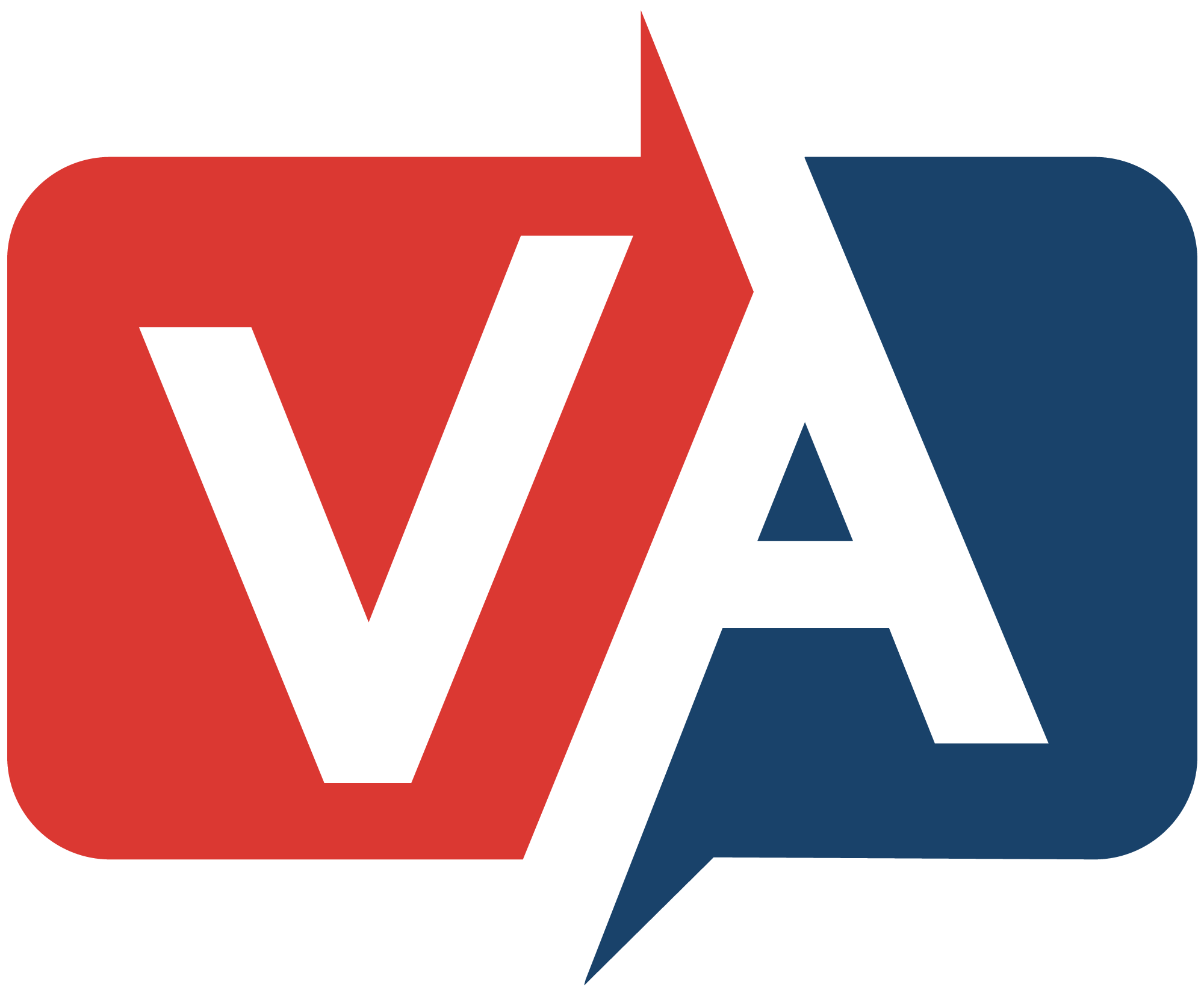
H-1B General Requirements (among others)
The occupation requires:
- Theoretical and practical application of a body of highly specialized knowledge; and
- Attainment of a bachelor’s or higher degree in the specific specialty (or its equivalent) as a minimum for entry into the occupation in the United States.
The position must also meet one of the following criteria to qualify as a specialty occupation:
- Bachelor’s or higher degree or its equivalent is normally the minimum entry requirement for the particular position
- The degree requirement is common to the industry in parallel positions among similar organizations or, in the alternative, the job is so complex or unique that it can be performed only by an individual with a degree
- The employer normally requires a degree or its equivalent for the position
- The nature of the specific duties is so specialized and complex that the knowledge required to perform the duties is usually associated with the attainment of a bachelor’s or higher degree.*
For you to qualify to perform services in a specialty occupation you must meet one of the following criteria:
- Hold a U.S. bachelor’s or higher degree required by the specialty occupation from an accredited college or university
- Hold a foreign degree that is the equivalent to a U.S. bachelor’s or higher degree required by the specialty occupation from an accredited college or university
- Hold an unrestricted state license, registration, or certification that authorizes you to fully practice the specialty occupation and be immediately engaged in that specialty in the state of intended employment.
Have education, specialized training, and/or progressively responsible experience that is equivalent to the completion of a U.S. bachelor’s or higher degree in the specialty occupation, and have recognition of expertise in the specialty through progressively responsible positions directly related to the specialty.
H-1B Licensing
Some professions require an H-1B beneficiary to hold a state or local license authorizing the beneficiary to fully practice the specialty occupation.
If an occupation in the state of intended employment requires such a license, an H-1B beneficiary seeking classification in that occupation generally must have that license before the petition is approved, rather than at the time of filing the petition.
Labor Condition Application (LCA)
Prospective specialty occupation and distinguished fashion model employers/agents must obtain a certification of an LCA from the DOL. This application includes certain attestations, a violation of which can result in fines, bars on sponsoring nonimmigrant or immigrant petitions, and other sanctions to the employer/agent. The application requires the employer/agent to attest that it will comply with the following labor requirements:
- The employer/agent will pay the H-1B worker a wage which is no less than the wage paid to similarly qualified workers or, if greater, the prevailing wage for the position in the geographic area in which the H-1B worker will be working.
- The employer/agent will provide working conditions that will not adversely affect other similarly employed workers.
- At the time of the labor condition application there is no strike or lockout at the place of employment.
- Notice of the filing of the labor condition application with the DOL has been given to the union bargaining representative or has been posted at the place of employment.
Period of Stay
As an H-1B specialty occupation worker, you may be admitted for a period of up to 3 years. Your time period may be extended, but generally cannot go beyond a total of 6 years.
However, you may be eligible for an H-1B extension beyond the sixth year if you are the beneficiary of an approved immigrant visa petition under the EB-1, EB-2, or EB-3 classifications, and are eligible to be granted that immigrant status but for application of the per country or worldwide limitations on immigrant visas. Petitioners must demonstrate the visa is not available as of the date they file an H-1B petition with USCIS. We may grant extensions on this basis in up to 3-year increments until we make a final decision to revoke the approval of the immigrant visa petition or to approve or deny your application for an immigrant visa or application to adjust status to lawful permanent residence.
Alternatively, you may be eligible for an H-1B extension beyond the sixth year if at least 365 days have passed since a labor certification was filed with the Department of Labor on your behalf (if such certification is required) or an immigrant visa petition was filed with USCIS on your behalf.
You are ineligible for this extension beyond the sixth year if you fail to file an adjustment of status application or apply for an immigrant visa within 1 year of an immigrant visa being available. If the accrual of such 1-year period is interrupted by the unavailability of an immigrant visa, you will have a new 1-year period after an immigrant visa again becomes immediately available, during which you generally must file an adjustment of status application or apply for an immigrant visa. We may, in our discretion, excuse a failure to file an adjustment of status application or apply for an immigrant visa within 1 year of an immigrant visa being available if your employer establishes that the failure to apply was due to circumstances beyond your control. When considering whether to excuse a failure to timely file within 1 year, we will look at the totality of the circumstances, which may include:
- whether there was a change of employment;
- whether the change of employment was voluntary;
- when and why the employment with the original employer ended; and
- what steps you and your new employer took after the change of employment to file an adjustment of status application or apply for an immigrant visa.
We may excuse a failure to timely file in cases of both voluntary and involuntary change of employment when considering the totality of the circumstances. We may grant extensions under this provision in up to 1-year increments until the approved permanent labor certification expires or a final decision has been made to:
- deny the application for permanent labor certification, or, if approved, to revoke or invalidate the approval;
- deny the immigrant visa petition, or, if approved, revoke the approval;
- deny or approve your application for an immigrant visa or application to adjust status to lawful permanent residence; or
- administratively or otherwise close the application for permanent labor certification, immigrant visa petition, or application to adjust status.
Your employer will be liable for the reasonable costs of your return transportation if they terminate your employment before the end of your period of authorized stay. Your employer is not responsible for the costs of your return transportation if you voluntarily resign from your position.
Changing Employers or Employment Terms with the Same Employer (Portability)
- If you are changing H-1B employers, you may begin working for the new employer as soon as they properly file a non-frivolous Form I-129 petition on your behalf, or as of the requested start date on that petition, whichever is later.
- To be eligible for portability, you must not have been employed without authorization from the time of your last admission into the United States, and your new employer must properly file a new, non-frivolous petition before your H-1B period of authorized stay expires.
Our Customers and Partners
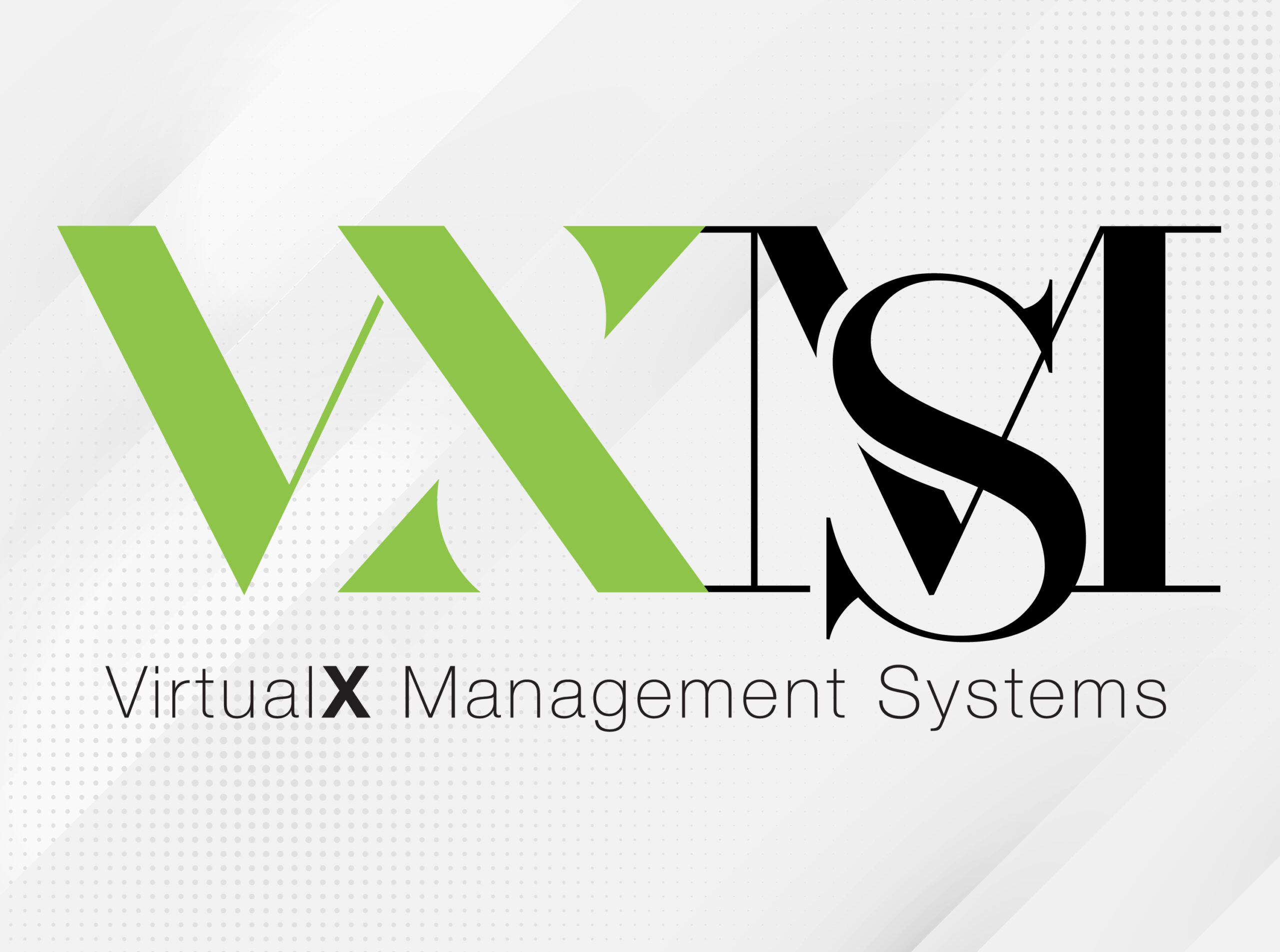
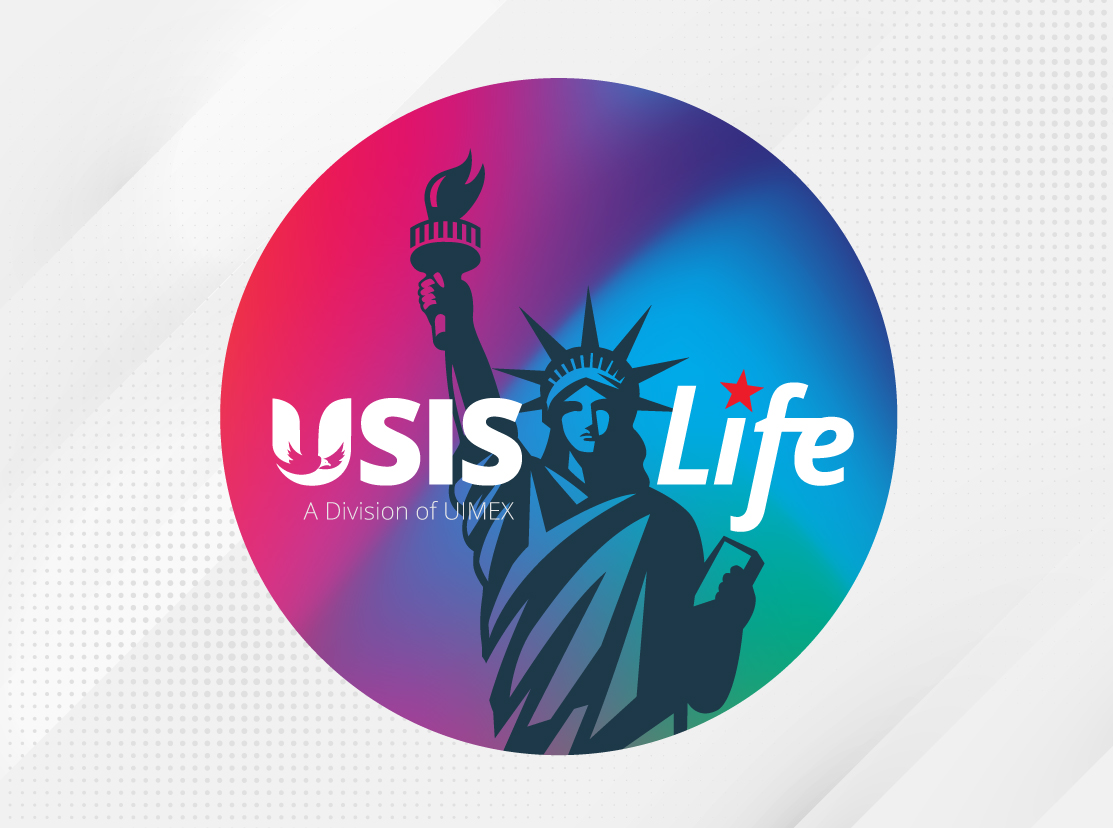
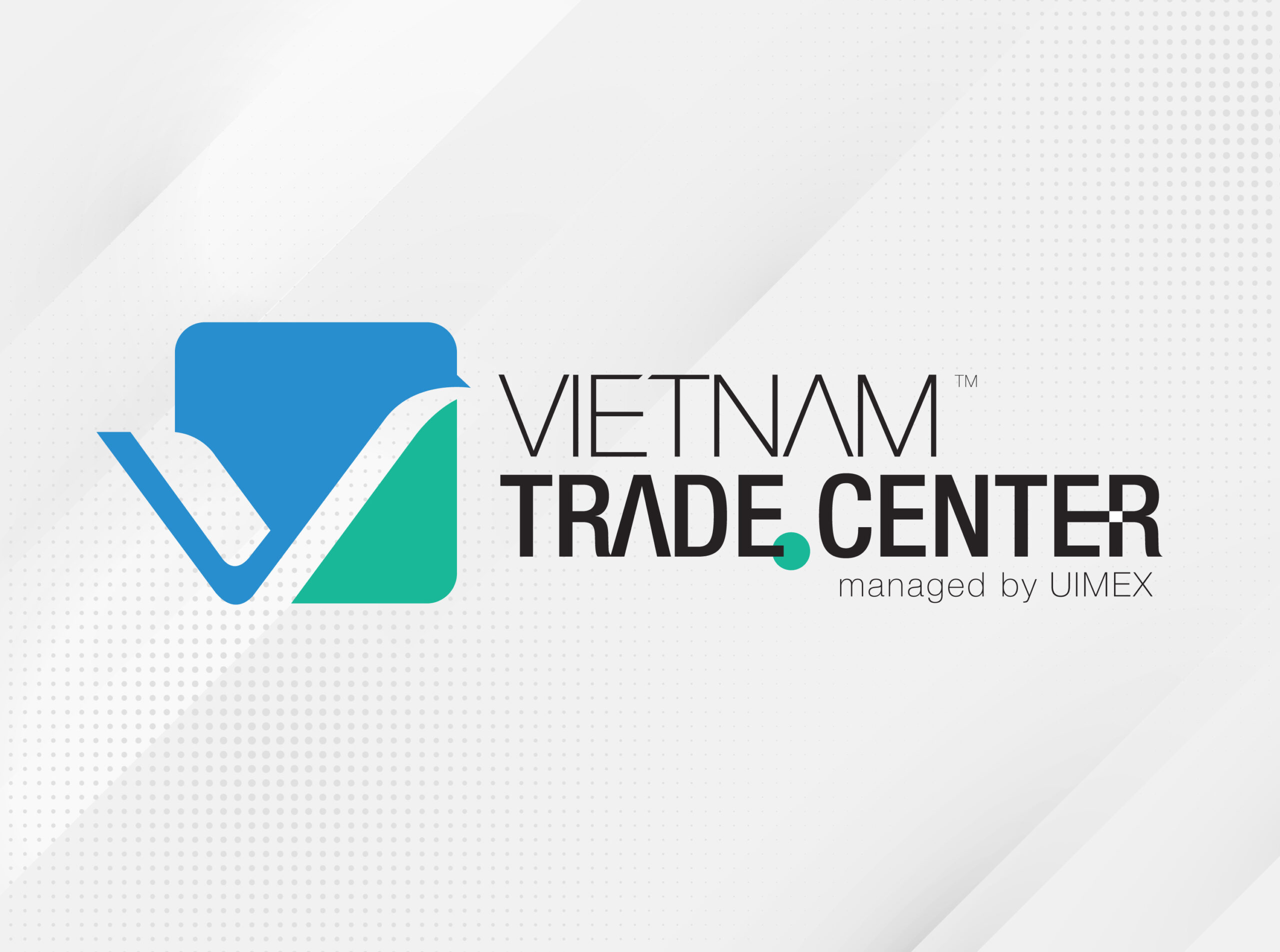

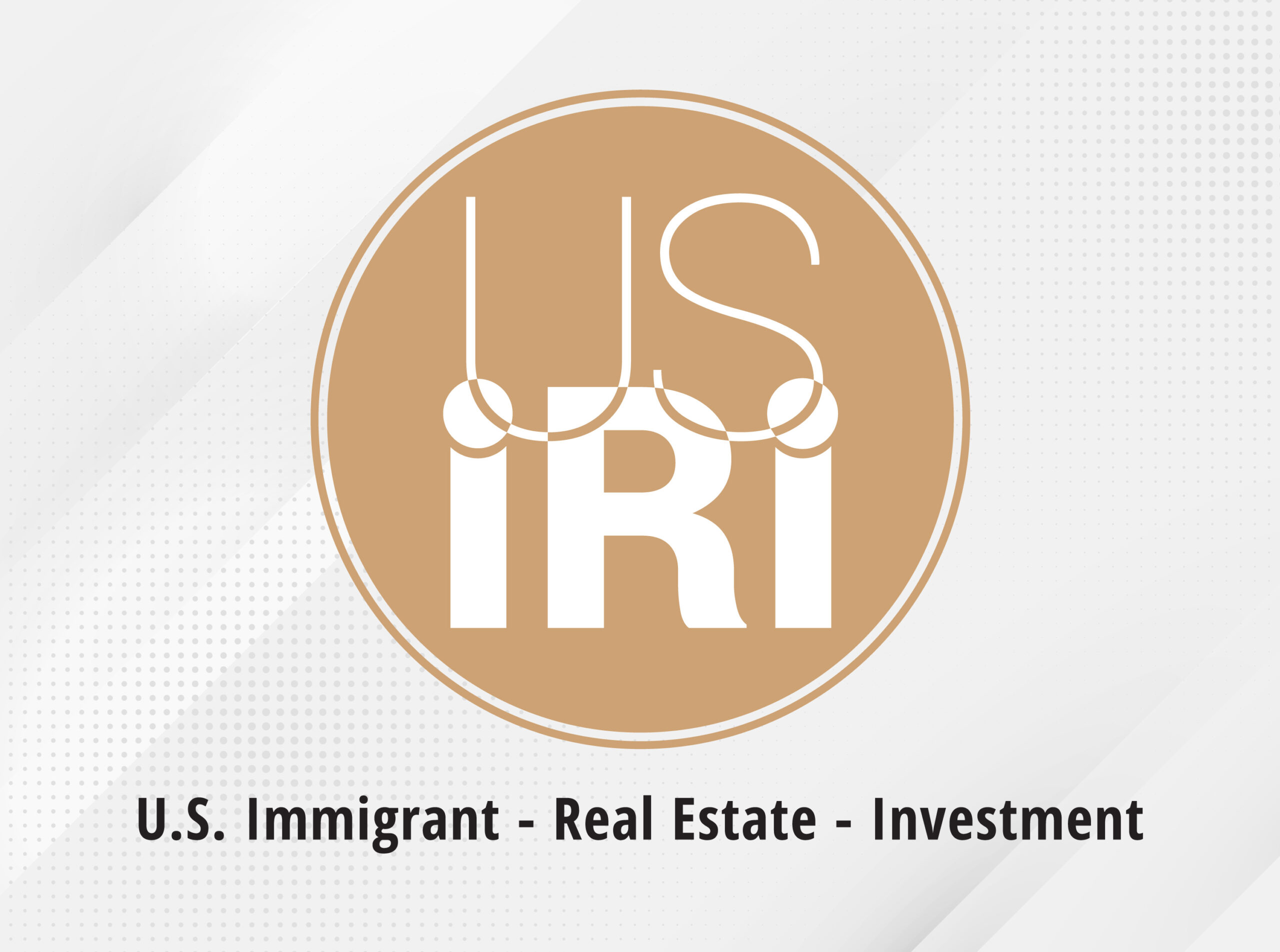
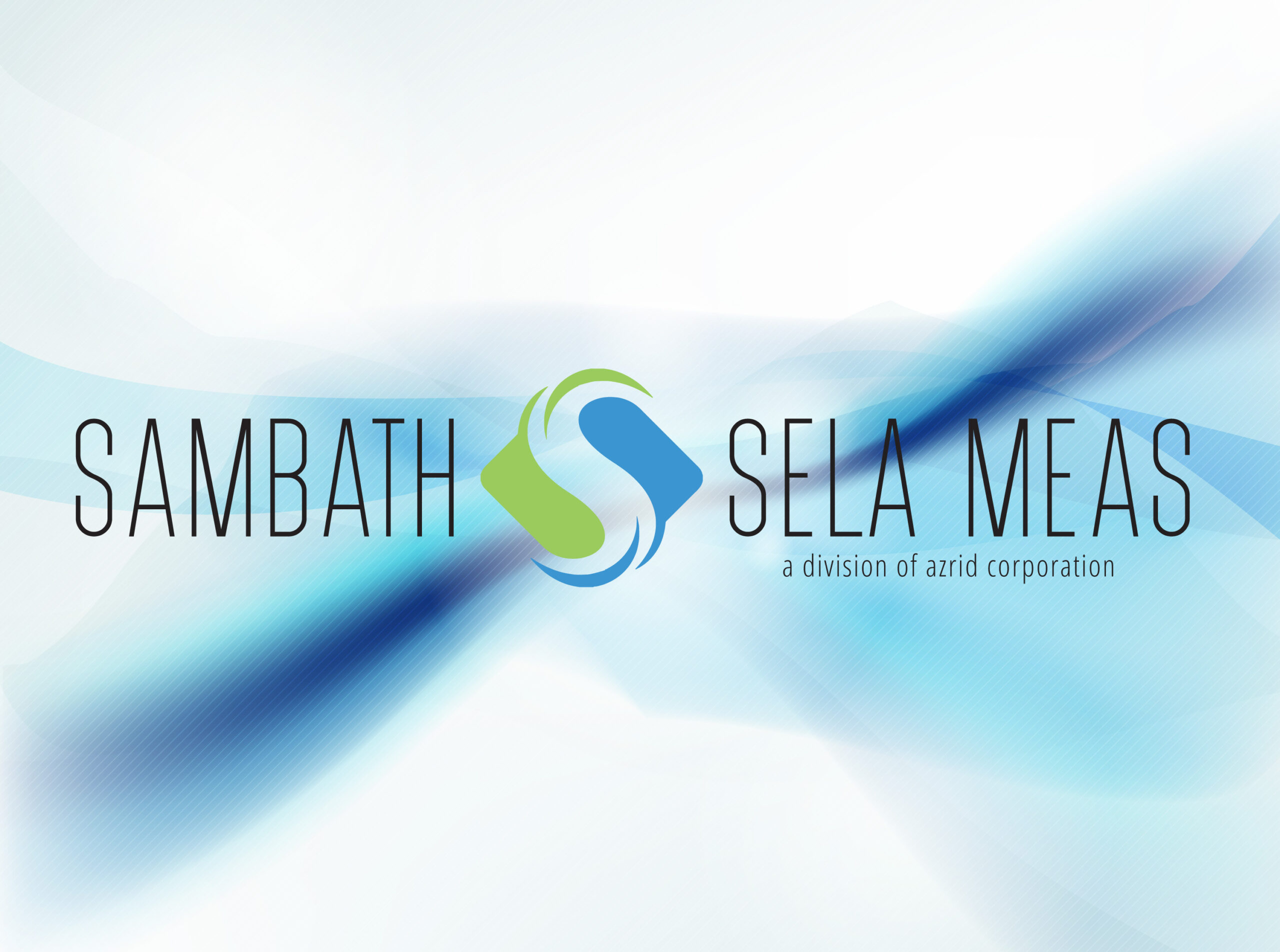
Related Projects

